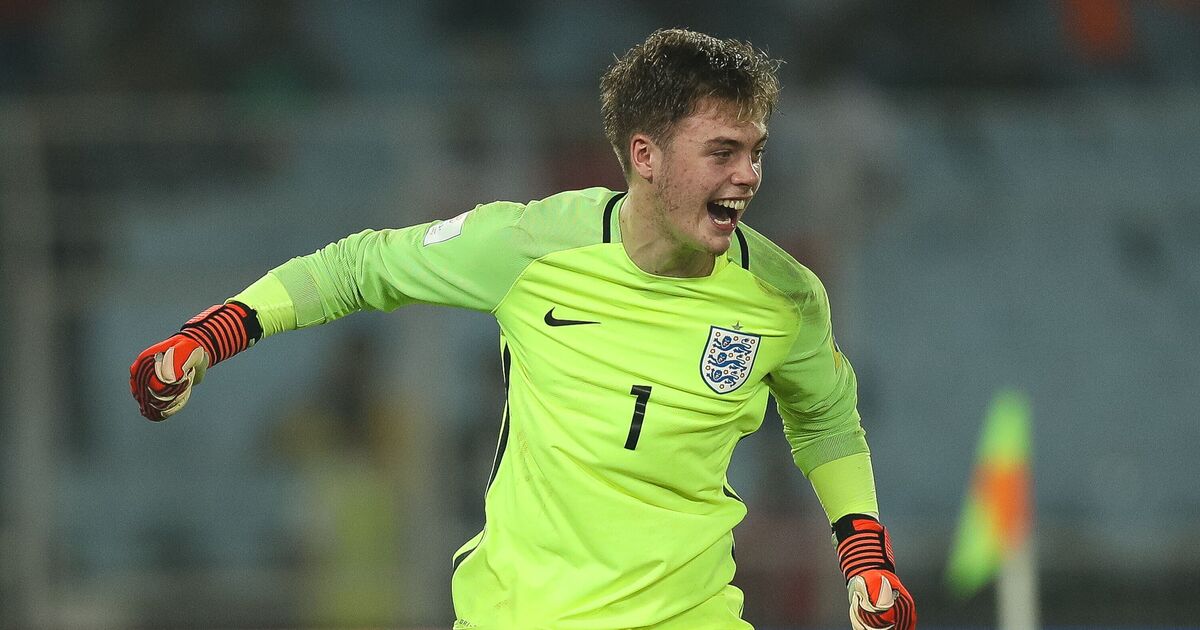From winning the World Cup with England to the grind of a nine-to-five: Curtis Anderson’s career has been anything but straightforward. A product of the Manchester City academy, Anderson was part of the England U17 side that waltzed their way to World Cup glory eight years ago.
The England squad from the tournament in India has proved somewhat of a golden generation, with the likes of Jadon Sancho, Marc Guehi and former academy team-mate, Phil Foden, all featuring for the Young Lions. Anderson started between the sticks during England’s triumphant final win over Spain, but fast forward almost a decade later and the Barrow-born star is working as a financial advisor.
Speaking to BBC Sport, Anderson revealed: “You can literally change people’s lives by taking money stresses away. People don’t understand simple things around finance so making things clearer for people and helping them keeps me motivated. I want to help as many people as possible. I’m so passionate about helping young football players.”
It’s an admirable stance for the ex-footballer to take, but why the sharp change in career trajectory? Explaining how he quickly lost his love for football after the U17 World Cup, Anderson added: “The spark of football just wasn’t really there. I didn’t have the same drive and love for it that I had five years earlier, I was happy to do my day job. The decision to fully stop playing came quite easily.”
Following the triumph in India, Anderson moved to the States to join Charlotte Independence, but he lasted less than nine months with the American outfit. A stint at Wycombe Wanderers followed, before Anderson slipped into non-League.
While Anderson quickly realised life in the lower leagues wasn’t going to satisfy him, the England youth international did have his eyes opened to another potential career path. He said: “At Wycombe, I’d get questions from older players [about money]. I realised there is a lack of education and support about finance in football.
“There’s not enough education, guidance and support for young people with high earnings. If you’re a lower-league player, your immediate priority should be to plan for life after football. If you’ve got that sorted, you can set yourself and your family up for years. I look at what I know now and feel like I need to help as many people in football as I can.”
